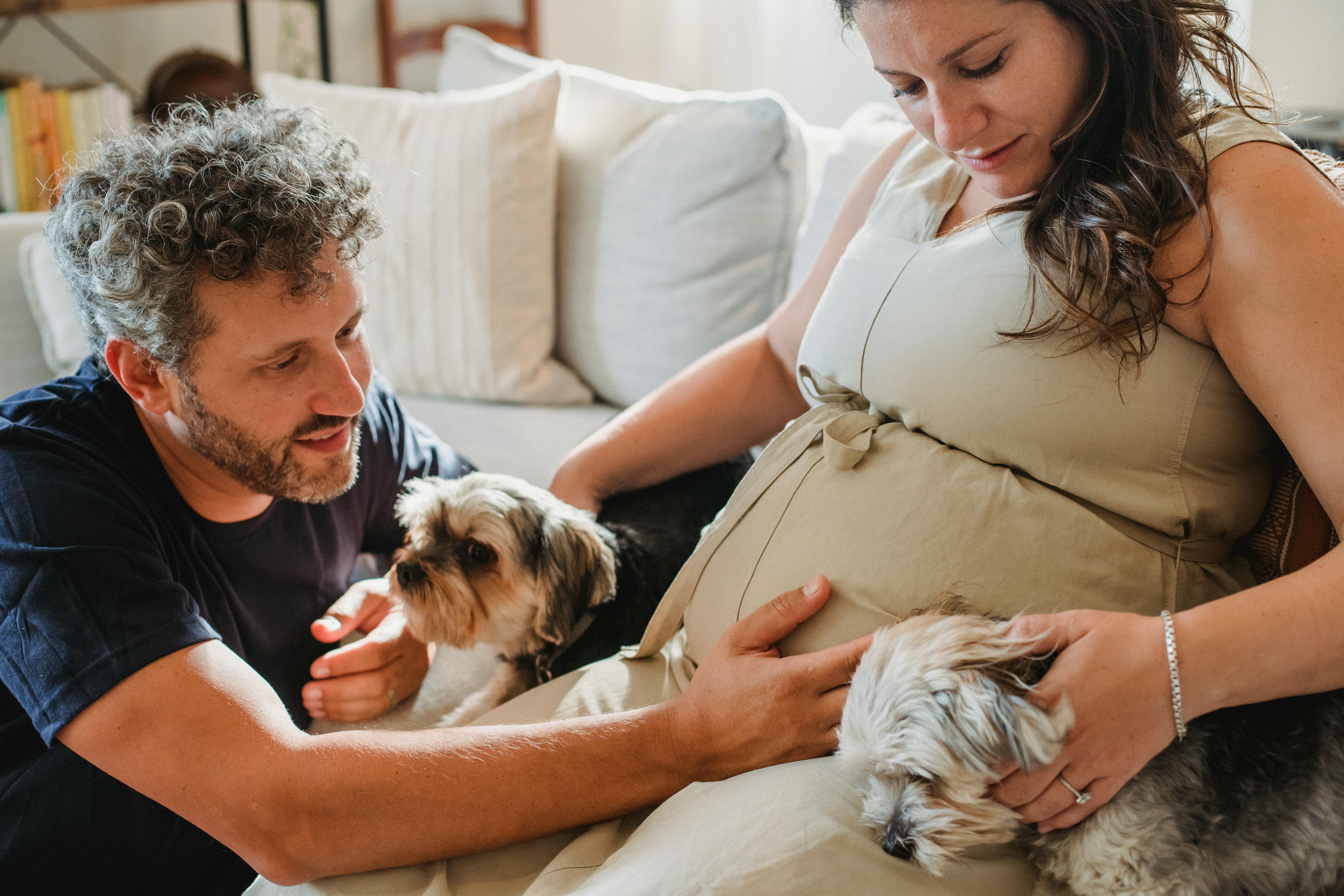Adolescents, Children and Anxiety
Just as adults often suffer from anxiety, children and adolescents can too. Sometimes this anxiety is triggered by stressful or traumatic events, but often no specific stressor can be identified.
While there are many anxiety disorders, the most common in children and adolescents are Generalized Anxiety Disorder and Social Anxiety Disorder. These children worry a lot and have problems in social situations. In very young children, anxiety often manifests as Separation Anxiety Disorder and Specific Phobia. These symptoms often include a great reluctance to part with caregivers and various seemingly unwarranted fears.
Children react to symptoms differently than adults with similar anxiety problems, which can make diagnosis very difficult. It can also be difficult to tell the difference between a rational “phase” or worry and a true disorder. In either case, it can greatly interfere with a child’s sense of well-being and performance in school.
According to Chris Burke, school liaison at The Guidance Center in Franklin, Tennessee, some common warning signs of anxiety include:
“what if” fears about things in the far future: repetitive questions about these worries
perfectionism, excessive self-criticism, fear of making mistakes and self-blame
easily distressed or agitated when in a stressful situation – may break down and become inconsolable
headaches, stomach aches, sleep interruptions, nightmares, refusal to sleep alone
physical signs of stress when you are anxious, such as sweating, rapid breathing, a racing heart, flushing of the face or neck
too responsible, people-pleasing, apologizing unnecessarily
avoidance of activities such as school, religious activities, family gatherings, vacations, wanderings, even friends’ houses
Untreated anxiety can lead to both social isolation and depression. Once diagnosed, your doctor can help with or without medication. The symptoms may even be side effects of a medication your child is already taking.
If you think your child might be suffering from an anxiety disorder, you can first investigate his behavior at school. It may be helpful to get information from those who observe your child daily in a different atmosphere. If your child’s teachers are seeing similar things, it would be wise to pursue your concerns with a doctor. He or she will be better able to make a proper diagnosis with input from everyone involved.
